Interpol rescinds Serbian arrest warrants
Interpol’s General Secretariat has rescinded red arrest warrants issued by Serbia against Bosnian officials over the Dobrovoljačka Street case.
Friday, 03.07.2009.
09:42

Interpol’s General Secretariat has rescinded red arrest warrants issued by Serbia against Bosnian officials over the Dobrovoljacka Street case. Bosnian Security Minister Tarik Sadovic said that the decision had been formally submitted to Bosnian Interpol, and that information on wanted persons and their accomplices would not be entered into Interpol’s database. Interpol rescinds Serbian arrest warrants The warrants that Serbian Interpol issued for 19 Bosnian citizens over the case have therefore been placed ad acta. Interpol’s General Secretariat has suspended the warrants, but an even more significant legal consequence of this case is that the practice of issuing so-called red warrants for war crimes can no longer be applied, said Sadovic . The minister said that, in future, only the international court and the state whose nationals had been accused of war crimes would be able to issue red Interpol warrants, while third countries could only do so with the permission of the suspect’s own country. “That means that Serbia cannot issue red warrants against Bosnian citizens, if Bosnia doesn’t agree,” said Sadovic. The new temporary procedure, which Interpol hopes will prevent repeats of such cases, will only be applied to new applications, and not to existing red warrants that have already been issued and registered in the Interpol database. Sarajevo media see Interpol’s decision as a major slap in the face to the Serbian judiciary, and particularly to Serbian Interpol. That institution, says the press in the Bosnian capital, “plunged its credibility to the basest level of daily political games by individuals from various associations and unions, like the president of the Republic of Srpska Union of Camp Inmates Branislav Dukic, on the basis of whose documents the Serbian judiciary has suffered this kind of defeat.” Meanwhile, Serb officials in the Bosnian institutions have called Interpol’s decision “scandalous,” saying that it was a very bad message to the Serbs. Belgrade lawyer Branislav Tapuskovic says that despite, as he puts it, “Interpol’s hypocritical move,” proceedings against suspects in the Dobrovoljacka case should continue in Belgrade, regardless of the fact that they will be out of the Serbian courts’ reach. The issuing of warrants for, as the documents state, crimes committed against members of the former Yugoslav People’s Army in Sarajevo, have sparked a heated political debate between Belgrade and Sarajevo. The warrants included the names of former members of the then Bosnian wartime presidency, Ejup Ganic and Stjepan Kljujic, as well as General Jovan Divjak. Interpol HQ in Lyon
Interpol rescinds Serbian arrest warrants
The warrants that Serbian Interpol issued for 19 Bosnian citizens over the case have therefore been placed ad acta.Interpol’s General Secretariat has suspended the warrants, but an even more significant legal consequence of this case is that the practice of issuing so-called red warrants for war crimes can no longer be applied, said Sadović .
The minister said that, in future, only the international court and the state whose nationals had been accused of war crimes would be able to issue red Interpol warrants, while third countries could only do so with the permission of the suspect’s own country.
“That means that Serbia cannot issue red warrants against Bosnian citizens, if Bosnia doesn’t agree,” said Sadović.
The new temporary procedure, which Interpol hopes will prevent repeats of such cases, will only be applied to new applications, and not to existing red warrants that have already been issued and registered in the Interpol database.
Sarajevo media see Interpol’s decision as a major slap in the face to the Serbian judiciary, and particularly to Serbian Interpol.
That institution, says the press in the Bosnian capital, “plunged its credibility to the basest level of daily political games by individuals from various associations and unions, like the president of the Republic of Srpska Union of Camp Inmates Branislav Dukić, on the basis of whose documents the Serbian judiciary has suffered this kind of defeat.”
Meanwhile, Serb officials in the Bosnian institutions have called Interpol’s decision “scandalous,” saying that it was a very bad message to the Serbs.
Belgrade lawyer Branislav Tapušković says that despite, as he puts it, “Interpol’s hypocritical move,” proceedings against suspects in the Dobrovoljačka case should continue in Belgrade, regardless of the fact that they will be out of the Serbian courts’ reach.
The issuing of warrants for, as the documents state, crimes committed against members of the former Yugoslav People’s Army in Sarajevo, have sparked a heated political debate between Belgrade and Sarajevo.
The warrants included the names of former members of the then Bosnian wartime presidency, Ejup Ganić and Stjepan Kljujić, as well as General Jovan Divjak.















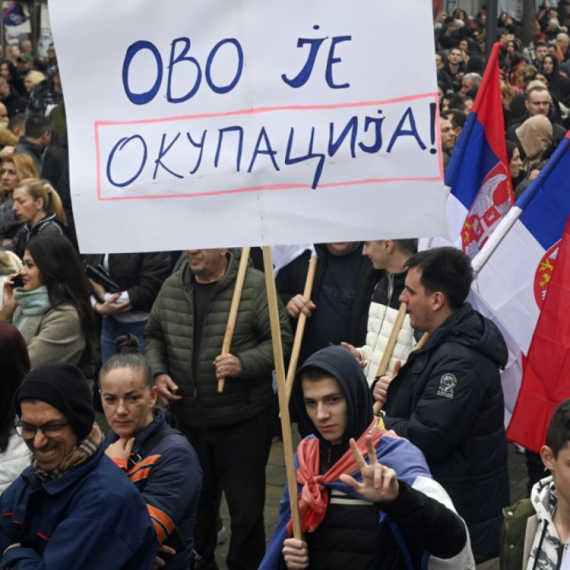
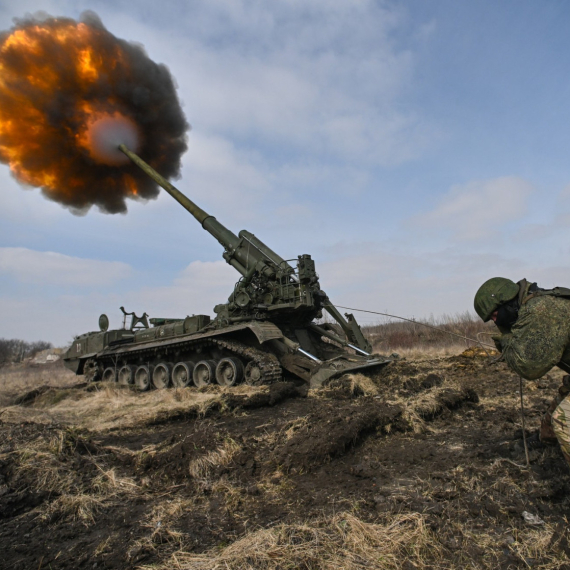



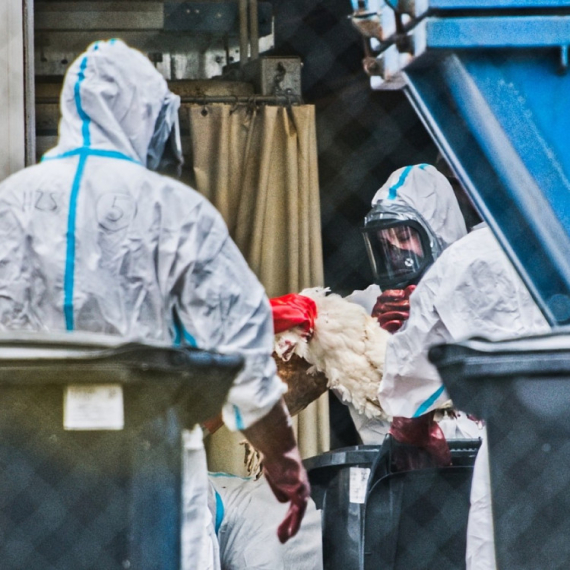

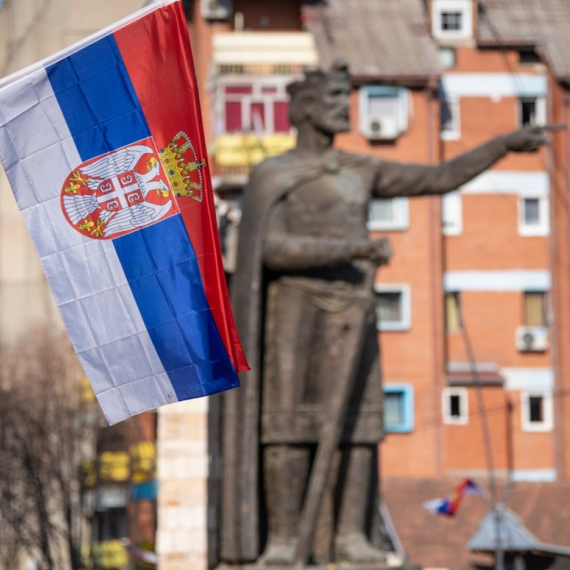
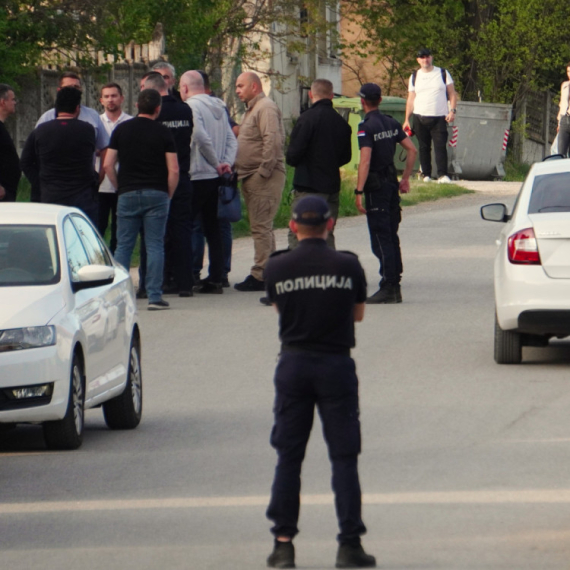
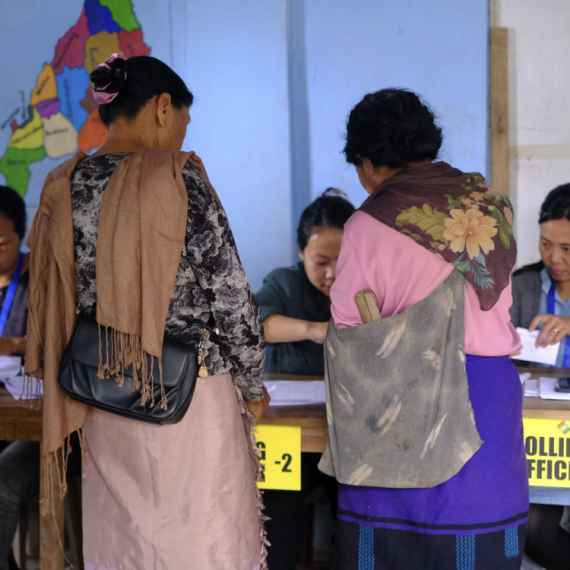
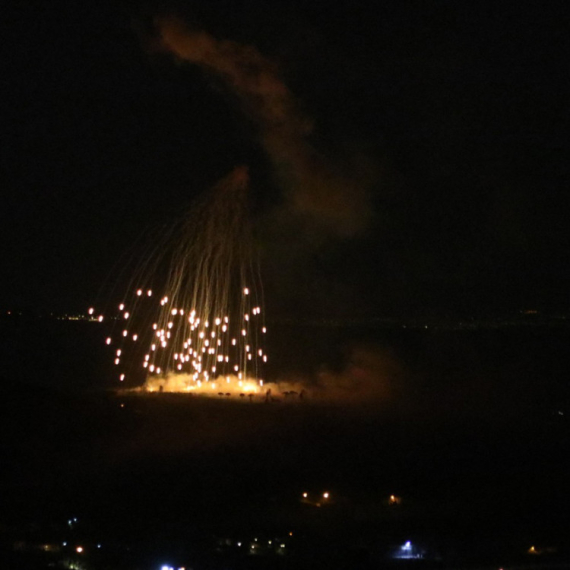





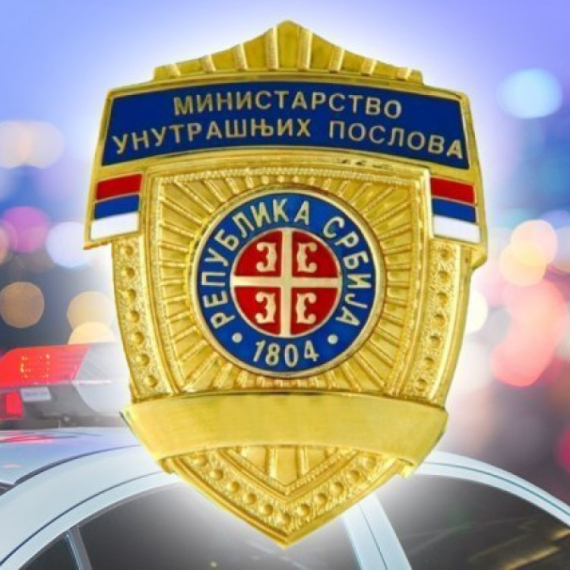





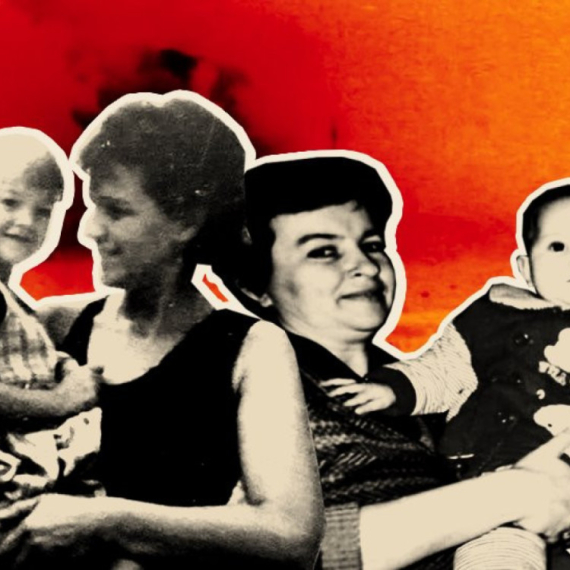




Komentari 12
Pogledaj komentare